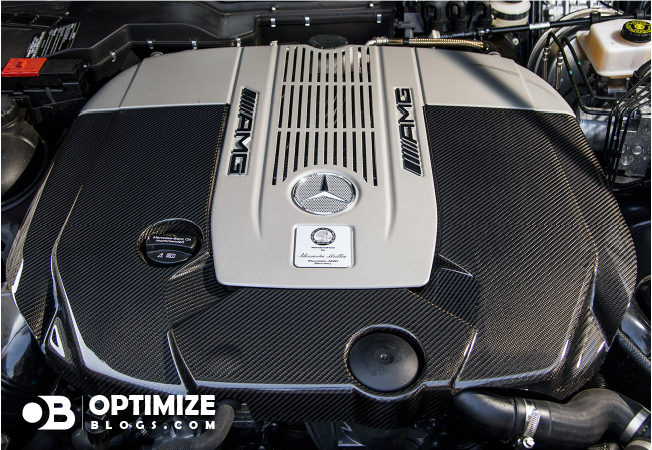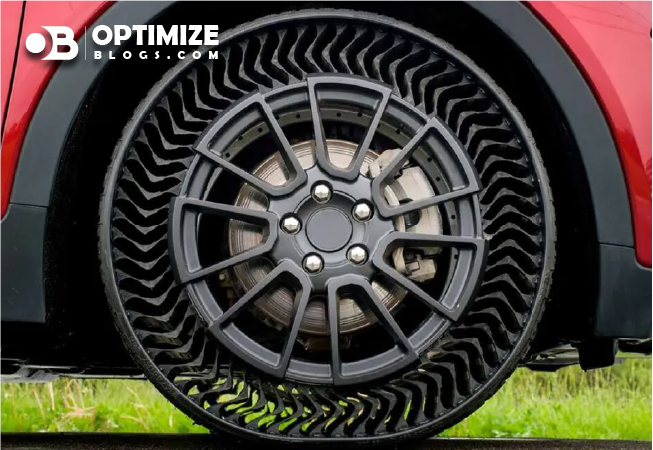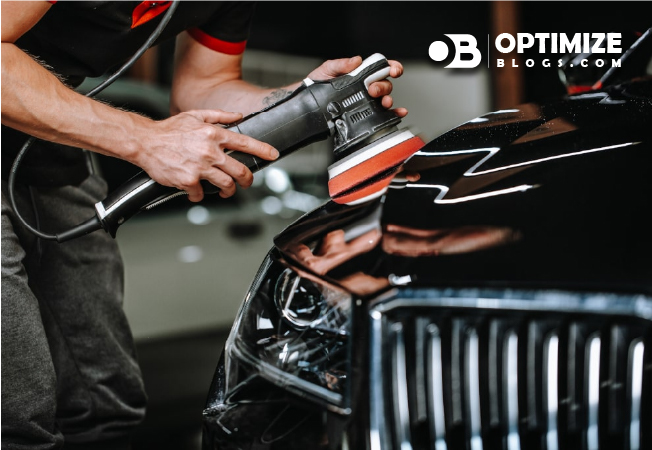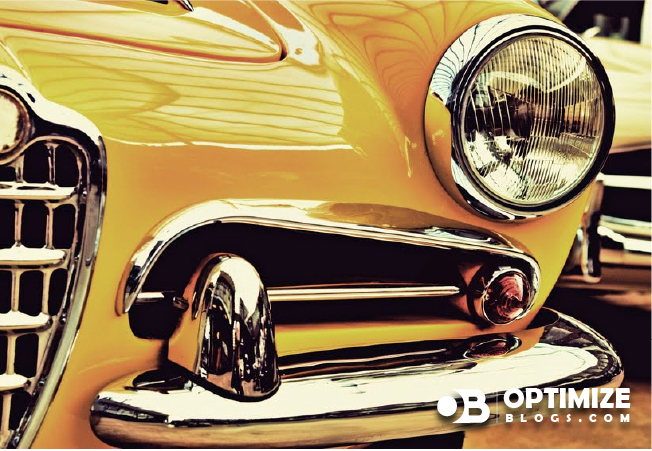
Your car's engine is its beating heart, and maintaining it in good condition is essential for the longevity and performance of your vehicle. Regular engine maintenance not only prolongs the life of your car but also ensures that it runs efficiently, reduces emissions, and saves you money on repairs. In this comprehensive guide, we'll walk you through essential tips and practices to help you maintain your car's engine for long-lasting performance.
Regular Oil Changes
Oil is the lifeblood of your engine, and regular oil changes are one of the most critical aspects of engine maintenance. Engine oil lubricates moving parts, reduces friction, and prevents overheating. Follow these guidelines for oil changes:
Change Frequency: Refer to your vehicle's owner's manual for recommended oil change intervals. Typically, it's every 3,000 to 5,000 miles (or as advised by your manufacturer).
Use Quality Oil: Use the type of oil recommended by your car's manufacturer, whether it's conventional, synthetic, or a blend.
Change the Oil Filter: Always replace the oil filter when changing the oil. A clogged filter can restrict oil flow.
Maintain Proper Coolant Levels
Engine coolant, or antifreeze, is crucial for regulating your engine's temperature and preventing it from overheating. Regularly check the coolant level and inspect for leaks in the cooling system. If the coolant level is consistently low, it may indicate a problem that needs attention.
Keep Your Engine Clean
A clean engine is a happy engine. Regularly clean the engine bay to prevent dirt and grime buildup. This not only enhances the engine's appearance but also makes it easier to spot leaks or issues.
Use Caution: When cleaning the engine, avoid spraying water directly onto sensitive electrical components. Instead, use a gentle cleaning solution and a soft brush or cloth.
Check and Maintain Belts and Hoses
Belts and hoses play critical roles in your engine's operation. Inspect them regularly for signs of wear, cracking, or fraying. Replacing worn belts and hoses before they fail can prevent engine damage and costly repairs.
Timing Belt: Check your vehicle's recommended timing belt replacement interval, usually between 60,000 and 100,000 miles.
Serpentine Belt: Inspect the serpentine belt for wear and tension; it powers multiple accessories in your engine.
Monitor and Replace Spark Plugs
Spark plugs are responsible for igniting the air-fuel mixture in your engine's cylinders. Over time, they wear out, leading to poor fuel efficiency and reduced engine performance. Replace spark plugs as recommended by your manufacturer.
Follow the Gap: If you decide to change spark plugs yourself, ensure they are correctly gapped to your vehicle's specifications.
Air Filter Maintenance
The air filter ensures that clean air is supplied to the engine for combustion. A clogged air filter can reduce fuel efficiency and engine performance. Inspect and replace the air filter as needed, typically every 12,000 to 15,000 miles or as recommended by your manufacturer.
Regularly Inspect the Exhaust System
A well-maintained exhaust system is essential for the efficient operation of your engine and for reducing harmful emissions. Look for signs of rust, damage, or leaks in the exhaust system. A damaged exhaust system can negatively affect engine performance and fuel efficiency.
Keep Your Fuel System Clean
Maintaining a clean fuel system is crucial for engine efficiency. Consider these steps:
Use Quality Fuel: Use high-quality gasoline from reputable stations to prevent fuel system buildup.
Fuel Additives: Occasionally using a fuel system cleaner can help remove carbon deposits and maintain fuel injector performance.
Replace the Fuel Filter: Follow your manufacturer's recommendations for replacing the fuel filter, typically every 30,000 to 50,000 miles.
Drive Wisely
Your driving habits can significantly impact your engine's health. Here are some tips for driving in a way that promotes engine longevity:
Avoid Aggressive Driving: Sudden acceleration, hard braking, and rapid deceleration can put unnecessary stress on your engine.
Warm Up Your Engine: Allow your engine to warm up before revving it or driving aggressively, especially in cold weather.
Follow Maintenance Schedules: Adhere to your vehicle's recommended maintenance schedule, including oil changes, tune-ups, and inspections.
Address Warning Signs Promptly
If your vehicle's check engine light comes on or you notice unusual noises, vibrations, or a decrease in performance, don't ignore these warning signs. Promptly address any issues to prevent further engine damage and costly repairs.
Conclusion
Proper engine maintenance is essential for ensuring the longevity and performance of your vehicle. Regular oil changes, proper coolant levels, clean air filters, and attentive monitoring of belts, hoses, and other components are crucial for keeping your engine in top shape. By following these maintenance tips and addressing issues promptly, you can enjoy a smooth and trouble-free driving experience while extending the life of your car's engine. Remember that a well-maintained engine not only saves you money on repairs but also contributes to better fuel efficiency and reduced emissions, benefiting both your wallet and the environment.






